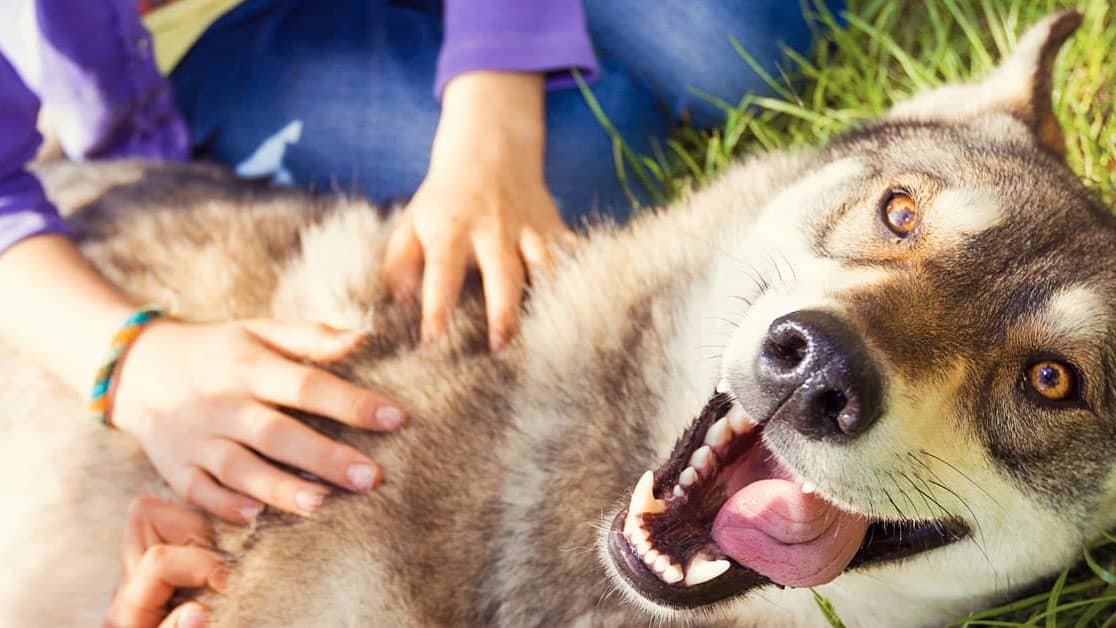Why doesn’t my dog like other dogs?

Most dogs are friendly, playful and confidently sociable with other dogs. Most. Unfortunately for the others, playing along with other dogs does not come easily, they may display aggressive or antisocial behaviours. We understand that this isn’t the usual picture a new dog owner would have painted in their minds when envisioning dog parenting, so we’ve curated some signs to look out for if your dog is anti-social. Read more on why it may be happening and what you can do about it.
Signs To Look Out For:
- Growling/barking at other dogs
- Baring their teeth
- Ears pointed forward
- Stiff tail
- Excessive pulling on the lead
- And a more obvious sign, biting
Common Reasons Why Your Dog is Behaving this Way
Monkey See Monkey Do:
Dogs are intuitive and often mimic their owner’s emotions and behaviour (to an extent). If the owner tends to be antisocial or aggressive, the dog may mimic them as they think it’ll make their owner ‘happy’. Training a pup calmly and slowly enforces positive behaviour, so it’s imperative that before you consider getting a dog that you are equipped with the right tools and techniques to positively foster your pup’s development.
 Environmental Factors:
Environmental Factors:
A change in environment can sometimes be enough to alter a dogs behaviour. If you have moved recently it’s possible that your dog may have gotten a bad impression of other dogs in the area (there may be multiple alphas in your street creating fear in your dog’s mind). It is also possible that they just haven’t gotten used to the new smells.
Adopted/Rescue Dogs:
Newly adopted or rescued dogs are likely to come with struggles if their previous environment wasn’t ideal. If their prior owner was abusive, it will be reflected in your dog’s current behaviour – they don’t mean to be aggressive or antisocial but up until their new loving home, these are the only behaviours that they’ve known. It may take time but with the right amount of positive reinforcement and love your dog will transition out of this behaviour!
Sickness:
Unfortunately, it is common to see disease or illness as the possible root cause for your dog’s shift in behaviour. The shift in energy that takes place when your dog has an illness is enough to alter the way your dog interacts not only with you but also with other dogs. A healthy diet and guidance from your vet paired with your love and assurance that everything is okay may get them back on their feet and socialising again.

What You Can Do About It:
- Start small and work your way up, you’ll want to make sure the wellbeing of both your dog and surrounding dogs are your top priority.
- Try not to punish your dog if they do slip up and act out, this will enforce a negative connotation with other dogs’ presence. Rather, simply stop praising them and ignore them instead. This will eventually build up their tolerance with less familiar dogs.
- Basic obedience training is a common approach to fixing this issue. Techniques include: getting your dog used to being around other dogs through positive association and desensitisation. This will look like exposing your dog to other dogs and then rewarding that exposure with positive feedback (perhaps give them their favourite treat or some extra attention).
- If your dog is showing signs of biting and you’re concerned they may hurt someone/another animal you can use a short leash and muzzle during their transition process.
- If the behaviour becomes dangerous or problematic to others or other animals, seeking help from an animal behaviourist or your vet would be your next step. It’s okay to not have all of the answers!
At Northshore Pet Resort, we are a team of animal-loving professionals who are committed to your pet’s happiness, welfare and training. We can refer you to a trainer or if you are looking for pet accommodation where your pet will have a pawesome vacation, book online or call us today on (07) 3203 3332.

Leave a Reply